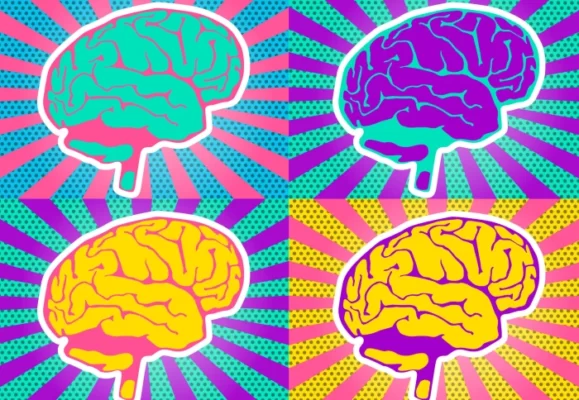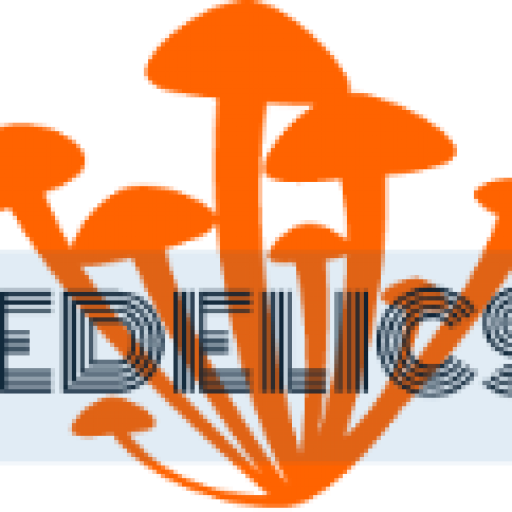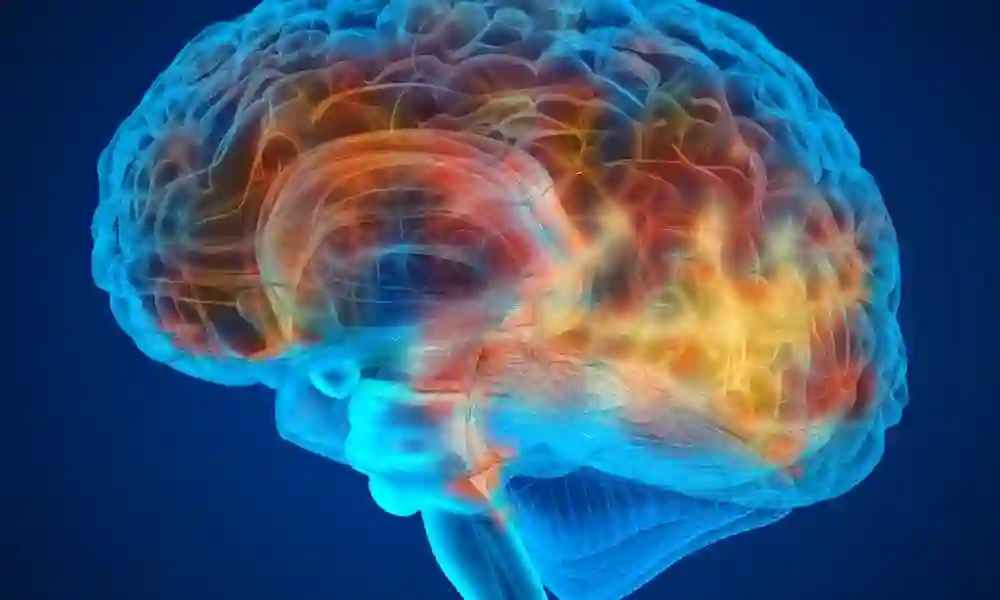Uncategorized
Psychedelics on the brain
Psychedelics have been used for centuries by various cultures for spiritual and medicinal purposes. However, it wasn’t until the 1950s and 60s that they gained popularity in the Western world as recreational drugs. While the use of psychedelics for recreational purposes has declined in recent decades, there has been a resurgence of interest in these substances for their potential therapeutic uses. In recent years, there has been a growing body of research on how psychedelics affect the brain and how they could be used to treat a variety of mental health disorders.
How Psychedelics Work
Psychedelics are a class of drugs that alter perception and cognition, leading to profound changes in consciousness. They are typically divided into two categories: classic psychedelics, which include LSD and psilocybin (the active ingredient in “magic” mushrooms), and dissociative psychedelics, which include ketamine and PCP. These drugs work by binding to serotonin receptors in the brain, which are involved in regulating mood, perception, and thought processes.
When psychedelics bind to serotonin receptors, they disrupt the normal functioning of the brain, leading to altered states of consciousness. In particular, they affect the default mode network (DMN), a network of brain regions that is active when the brain is at rest and not engaged in any specific task. The DMN is involved in self-reflection and introspection, and it is thought to play a role in mental health disorders such as depression and anxiety.
The Therapeutic Potential of Psychedelics
Psychedelics have shown promise in the treatment of several mental health disorders, including:
Depression
Depression is a common mental health disorder that affects millions of people worldwide. Current treatments for depression include antidepressant medications and talk therapy, but these treatments do not work for everyone. Psychedelics have been shown to have rapid and long-lasting antidepressant effects, and several clinical trials are currently underway to investigate their potential as a treatment for depression.
Anxiety
Anxiety disorders are another common mental health disorder that can be difficult to treat. Like depression, current treatments for anxiety include medications and talk therapy, but these treatments may not be effective for everyone. Psychedelics have been shown to reduce anxiety in several clinical trials, and they may have potential as a treatment for anxiety disorders.
Post-Traumatic Stress Disorder (PTSD)
PTSD is a mental health disorder that can occur after experiencing or witnessing a traumatic event. Current treatments for PTSD include medications and talk therapy, but these treatments are not always effective. Psychedelics have been shown to reduce the symptoms of PTSD in several clinical trials, and they may have potential as a treatment for this disorder.
Addiction
Addiction is a complex mental health disorder that can be difficult to treat. Psychedelics have been shown to reduce cravings and increase abstinence rates in several clinical trials, and they may have potential as a treatment for addiction.
The Potential Risks of Psychedelics
While psychedelics have shown promise in the treatment of several mental health disorders, there are also potential risks associated with their use. These risks include:
Adverse Reactions
Psychedelics can induce powerful and sometimes unpredictable experiences, and there is a risk of adverse reactions. These reactions can include anxiety, paranoia, and even psychosis in rare cases.
Drug Interactions
Psychedelics can interact with other medications, including antidepressants and antipsychotics. It is important to discuss any other medications you are taking with your healthcare provider before using psychedelics.
Legal and Regulatory Barriers
Psychedelics are classified as Schedule I drugs in
the United States, which means that they are illegal and considered to have no medical use. This classification makes it difficult for researchers to conduct clinical trials on these substances, and it also limits the availability of these treatments to patients who could potentially benefit from them.

Abuse Potential
Like many other drugs, psychedelics have the potential for abuse. While the risk of addiction to classic psychedelics is relatively low, dissociative psychedelics such as ketamine and PCP can be highly addictive.
Current Research on Psychedelics
Despite the potential risks associated with their use, psychedelics have shown promise as a treatment for several mental health disorders. There has been a recent surge of interest in these substances, and several clinical trials are currently underway to investigate their therapeutic potential. Some of the most promising studies include:
Psilocybin for Depression
Several clinical trials have investigated the use of psilocybin, the active ingredient in “magic” mushrooms, as a treatment for depression. One study found that a single dose of psilocybin was associated with a rapid and long-lasting reduction in depressive symptoms in patients with treatment-resistant depression.
MDMA for PTSD
MDMA, also known as ecstasy, has shown promise as a treatment for PTSD. Several clinical trials have investigated the use of MDMA-assisted psychotherapy for PTSD, and the results have been promising. One study found that 68% of participants no longer met the criteria for PTSD after three sessions of MDMA-assisted psychotherapy.
Ketamine for Depression and Anxiety
Ketamine is a dissociative psychedelic that has been shown to have rapid and long-lasting antidepressant and anxiolytic effects. Several clinical trials have investigated the use of ketamine for the treatment of depression and anxiety, and it has been found to be effective in reducing symptoms in some patients.
The Future of Psychedelic Therapy
While there are still many unanswered questions about the therapeutic potential of psychedelics, the future looks promising for this emerging field of medicine. As more clinical trials are conducted and more research is done, we will gain a better understanding of how these substances affect the brain and how they can be used to treat a variety of mental health disorders.
In recent years, there has been a growing movement to legalize and regulate the use of psychedelics for medical purposes. Several cities in the United States, including Denver and Oakland, have already decriminalized the possession and use of psychedelics, and several states are considering similar measures. These efforts could pave the way for more widespread use of these substances in a therapeutic context.
Conclusion
Psychedelics have a long and storied history, but they are now being looked at in a new light as potential treatments for mental health disorders. While there are still many unknowns about how these substances work and what the potential risks and benefits are, the growing body of research on psychedelics is promising. As we continue to explore the therapeutic potential of these substances, we may discover new and innovative treatments for some of the most common and challenging mental health disorders of our time.



